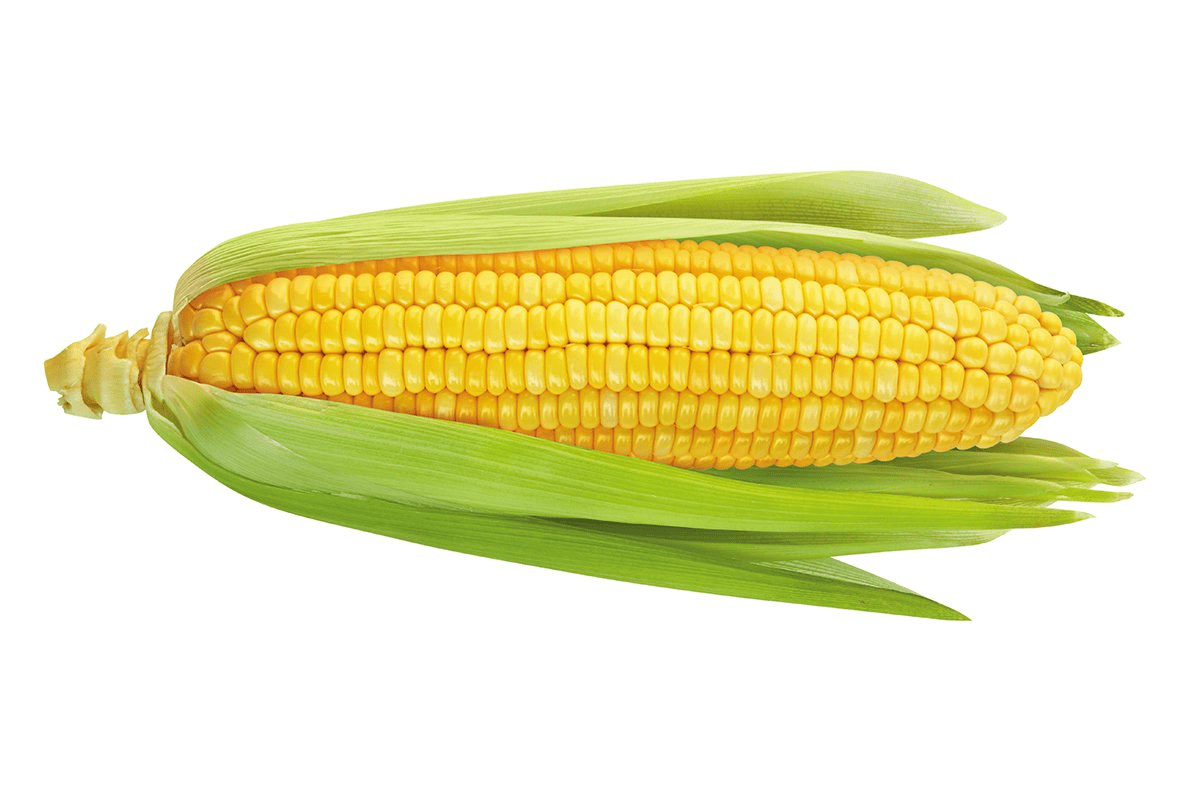lifestyle defined by cultivating reliable food sources
agriculturalist
when people have different roles and skillsets
specialization
a metal alloy made of copper and tin
the Egyptian system of writing
hieroglyphics
every early civilization shares this geographic feature
river/ source of water
lifestyle defined by following food sources
hunter-gatherer
constructed due to having a sedentary lifestyle
infrastructure
the first set of written laws
Hammurabi's code
a collection of clay sculptures found in China
Terracotta army
2 requirements to be considered a civilization
large population/ stationary
hunter-gatherers and pastoralists have this in common
division of society into separate classes
hierarchy
a 13,000 mile long barrier for defense
Great Wall
temples constructed to house the gods in Mesopotamia
ziggurat
civilization that created a written legal system
Mesopotamia
climate change and shortages of resources cause this
migration
result of civilization collapsing and populations declining
regression
utilizing nearby bodies of water to cultivate crops
irrigation
seals
civilization that was geographically isolated
China
the goal of selective breeding
attaining preferable or necessary traits
economic aspect that allows people to exchange things
trade
understood by the mummification process
anatomy/ medicine
most early civilizations adopted this type of religion
polytheism
civilization that created a central drainage system
Indus Valley
What does this represent?
domestication
civilizations relying on each other through connections
interdependence
a written record of events
history
recognition and celebration of past events
tradition
Egypt